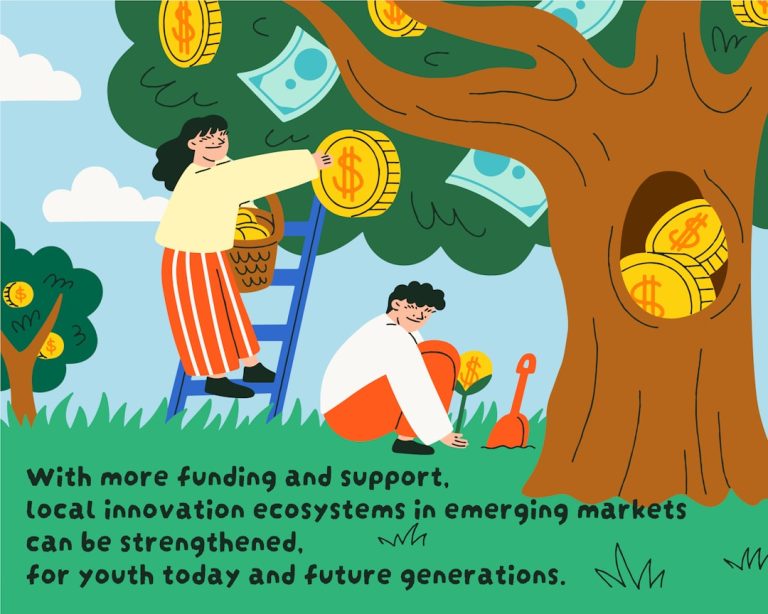Meta Description: Discover comprehensive free financial education resources and courses tailored for K-12 students and educators, empowering the next generation with essential financial literacy skills.
Introduction
In today’s rapidly evolving financial landscape, equipping young minds with financial literacy is more crucial than ever. Financial education goes beyond understanding money; it fosters responsible spending habits, builds confidence, and prepares students for real-world financial challenges. Fortunately, there are extensive financial education resources available at no cost, specifically designed for K-12 students and educators.
The Importance of Financial Literacy in K-12 Education
Financial literacy in K-12 education lays the foundation for lifelong financial well-being. By introducing students to essential financial concepts early on, we can help them make informed decisions about budgeting, saving, investing, and managing credit. According to a 2024 Intuit survey, a remarkable 85% of high school students expressed interest in learning more about financial topics in school, underscoring the demand for robust financial education programs.
Free Financial Education Resources for K-12
High School Financial Literacy Courses
Tax Simulation: Understanding Taxes
This course, sponsored by Intuit for Education, immerses high school students in a realistic tax preparation experience. By navigating tax software, students gain practical knowledge about taxes, including summarizing 1099 forms and calculating tax obligations.
Financial Literacy for High School Students
EVERFI’s comprehensive course equips teenagers with tools to manage personal finances, from applying for financial aid to understanding credit and investment principles. Available in multiple languages, this course ensures accessibility for all students.
Marketplaces: Investing Basics
Students learn fundamental investment concepts, empowering them to confidently participate in financial markets. This course demystifies investing, making it accessible and understandable for young learners.
Middle School Financial Education
FutureSmart: Financial Literacy
Middle school students take on the role of a town mayor, solving various financial challenges faced by citizens. This interactive course fosters critical thinking and practical financial skills.
SaveUp: Saving Money for the Future
Designed to teach budgeting, emergency planning, and goal setting, SaveUp helps students develop strategies for saving money and managing expenses effectively.
Elementary School Financial Education
Vault: Understanding Money
Introduced at the elementary level, Vault engages younger students in virtual scenarios that teach the difference between needs and wants, laying the groundwork for responsible financial behavior.
Benefits of Implementing Free Financial Education
Integrating these free financial education resources into the K-12 curriculum offers numerous benefits:
- Enhanced Financial Skills: Students acquire essential skills for managing personal finances.
- Increased Confidence: Financial knowledge boosts students’ confidence in handling money-related decisions.
- Real-World Preparedness: Practical lessons prepare students for future financial milestones, such as college, employment, and independent living.
- Accessible Learning: Free resources ensure that all students, regardless of their background, have access to quality financial education.
How Educators Can Get Started
Implementing these resources is straightforward and supported by comprehensive tools and guides. Educators can register for EVERFI’s free platform, which offers lesson plans, activities, and discussion guides tailored to each grade level. Additionally, the platform supports various teaching methodologies, allowing for flexible integration into existing curricula.
Conclusion
Empowering youth with financial literacy is an investment in their future. By leveraging free K-12 financial education resources, educators can provide students with the knowledge and skills necessary to navigate the complexities of the financial world confidently. These programs not only enhance individual financial well-being but also contribute to building a more financially savvy and responsible society.
Ready to take the next step in financial education? Explore more financial education resources and empower your community today!



